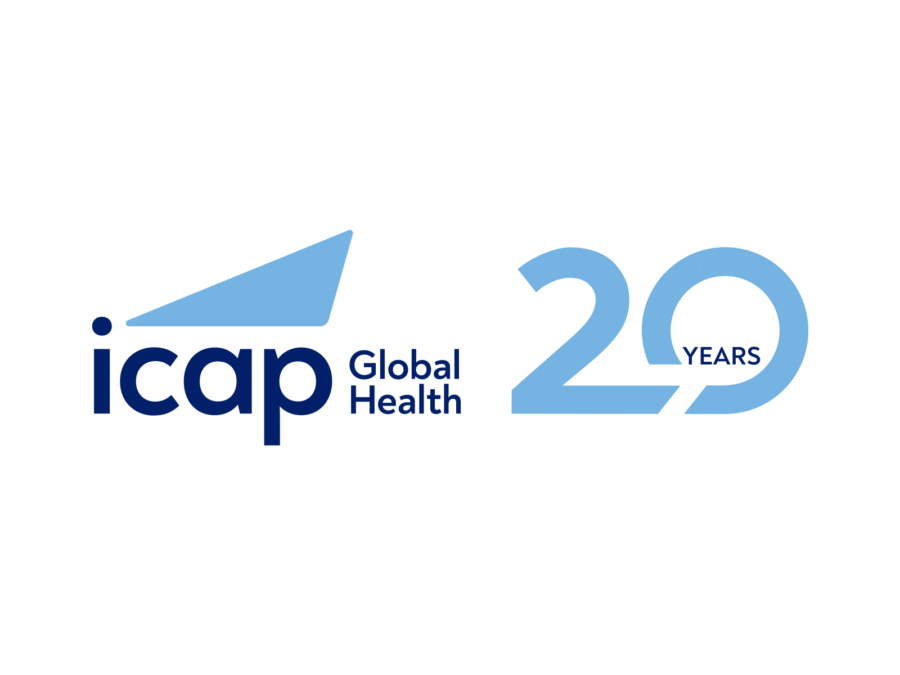Over the past decade, the Government of Ethiopia has transformed the HIV prevention, care, and treatment landscape of the country. As a result of sustained, multi-sector efforts, and support from the U.S. President’s Emergency Plan for AIDS Relief (PEPFAR), the Federal Ministry of Health (FMOH) has introduced high impact interventions that have led to an 80 percent decrease in HIV prevalence in Ethiopia, from 6.6 percent in 2001 to 1.4 percent in 2011.
This year, ICAP and the FMOH celebrate ten years of partnership that has led to historic gains in HIV care and treatment coverage. Since 2005, ICAP has worked closely with the FMOH, the Federal HIV and AIDS Prevention Coordinating Office, the Ethiopian Public Health Institute (EPHI), and Regional Health Bureaus to support the scale-up of HIV services, contributing to a 40-fold increase in the number of people on antiretroviral therapy (ART), from just over 8,000 in 2005 to more than 340,000 in 2014.
As one of Ethiopia’s lead PEPFAR implementing partners, ICAP has worked at all levels of Ethiopia’s health system to rapidly scale up HIV prevention, care and treatment services, while also building the capacity of in-country partners to continuously assess and improve the quality of service. ICAP’s multi-pronged approach has comprised work at the national level to strengthen HIV-related policies and guidelines; at the regional level to strengthen the institutional capacity of Regional Health Bureaus to effectively manage the HIV program; and at the health facility level to build the capacity of health workers to deliver comprehensive, high quality services.
In addition, ICAP helped pioneer the establishment of peer education programs in Ethiopia, which provide ongoing psychosocial support to people living with HIV, address HIV-related stigma, and support patients’ lifelong adherence to HIV treatment.
“We are deeply honored to have worked closely with the Federal Ministry of Health providing assistance in key program areas,” said Dr. Zenebe Melaku, ICAP country director in Ethiopia. “Our joint efforts at the national and regional level have enabled us to build capacity and strengthen health systems, resulting in increased access to quality HIV services.”
An important focus of ICAP’s work has been to enhance human resource capacity, providing intensive clinical mentorship, supportive supervision, and training of trainers within Ethiopia’s public health system. ICAP has also supported task shifting, supporting the training for 20,000 practicing nurses to initiate and manage ART for adults and children since 2007. To ensure Ethiopia has a steady stream of new, qualified nurses entering its workforce, ICAP leads the PEPFAR-supported “Nursing Education Partnership Initiative (NEPI) “:http://nepinetwork.org/in Ethiopia. In the past five years, over 4,500 undergraduate students have enrolled in NEPI programs at Addis Ababa University School of Nursing, the Arba Minch College of Health Sciences, and Gondar University.
Advancing and strengthening systems in Ethiopia has been critically important for achieving high-quality HIV testing, prevention of mother-to-child transmission of HIV, TB/HIV, and ART services. Over a decade, ICAP support has evolved to encompass infrastructure development, training, and quality assurance programs. In collaboration with EPHI and the CDC in Ethiopia, significant strides have been made in establishing and strengthening laboratory systems at each level.
“Our regional reference laboratories now have better capacity and we have three TB culture facilities in Jimma, Adama, and Harari,” said Dr. Amha Kebede, director general, Ethiopian Public Health Institute. “Malaria laboratory diagnosis and monitoring have also improved through our collaborative work.”
As a result of these initiatives, ICAP, the FMOH, Regional Health Bureaus, and partners have been able to increase access to life-saving services by making them available to communities where affected families live, supporting the expansion of health facilities from 15 to over 710 in 2014.
As ICAP and partners move forward, with a continued focus on technical assistance and capacity building, the lasting impact of the past ten years are clearly reflected in today’s achievements.
“The commitment and leadership provided by the Federal Ministry of Health and the Regional Health Bureaus have been an inspiration,” said Dr. Wafaa El-Sadr, ICAP global director. “ICAP is committed to continuing its partnership and providing support in a manner that will serve the Ethiopian nation and health care needs of its people.”
To read more about these achievements in Ethiopia, read ICAP’s 10-Year Anniversary report here.








